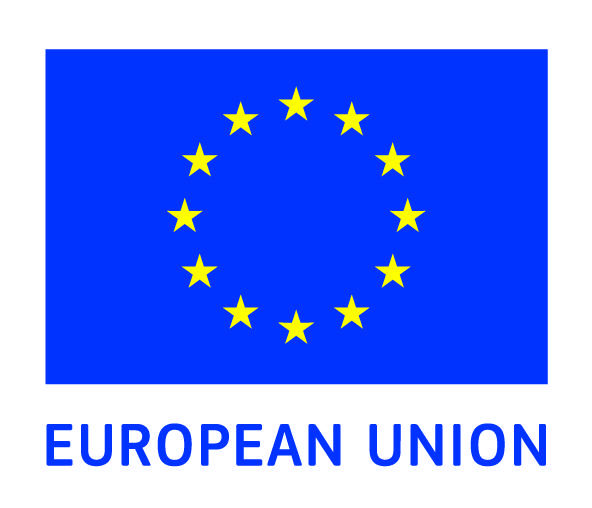DICTUM - Divide and Collect: Understanding Method in Plato (completed)

Main content
DICTUM is a postdoc-project financed by the EU the Marie Skłodowska-Curie Actions, a part of the EU framework programme for research and innovation.
DICTUM is a basic research project focused on the technical core of Plato’s philosophy, that is, his conception of dialectic, the method that distinguishes philosophical inquiry from other kinds of inquiry. The project challenges the now prevailing understanding of this method as radically changing in the course of Plato’s life and proposes that Plato’s conception of dialectic is unified and intimately connected with his understanding of reasoning. To Plato, the abilities to see likenesses between things, on the one hand, and to differentiate them, on the other, are defining features of the human intellect. DICTUM sets out from the assumption that dialectical inquiry is a refined performance of these abilities, applied to matters that are crucial but often misunderstood and disputed—like the nature of justice or the role of beauty and knowledge in our lives.
Lecture series
Routes of inquiry in ancient thought: Platonic dialectic and its historical context
The idea that rational inquiry needs to be conducted methodically is central to the western philosophical and scientific traditions. This idea derives ultimately from ancient Greek concerns about the best manner in which reality may be uncovered, not least from the philosophical discussions concerning the nature of dialectical inquiry we find in Plato. These discussions have shaped, and continue to shape, large parts of our tradition. Plato’s conception of dialectical inquiry did not develop in a vacuum, however, but formed part of a larger discussion concerning the nature of inquiry that we find in the poetical tradition, in texts of early thinkers such as Heraclitus and Parmenides, in the Hippocratic writings, in the historical works of Herodotus and Thucydides, and in early mathematical writings.
The purpose of the lecture series is to illuminate Plato’s ideal of philosophical inquiry against the backdrop of the rich variety of methodical ideals on display in classical Greek writers. A further aim of the series is to generate discussion about the concept of methodical inquiry, in antiquity and beyond. The lectures do not presuppose knowledge of Greek and will be of interest to students and researchers working on ancient philosophy, philosophical method and the history of ideas. Each lecture will consist of a presentation of approx. 45 minutes and will be followed by a 30 minutes discussion. Each semester there will be one lecture that explores an aspect of Plato’s conception of dialectic as well as one or more lectures focused on the broader background against which Plato developed his ideal of dialectical inquiry.
Each presentation is an independent lecture open to all interested listeners.

